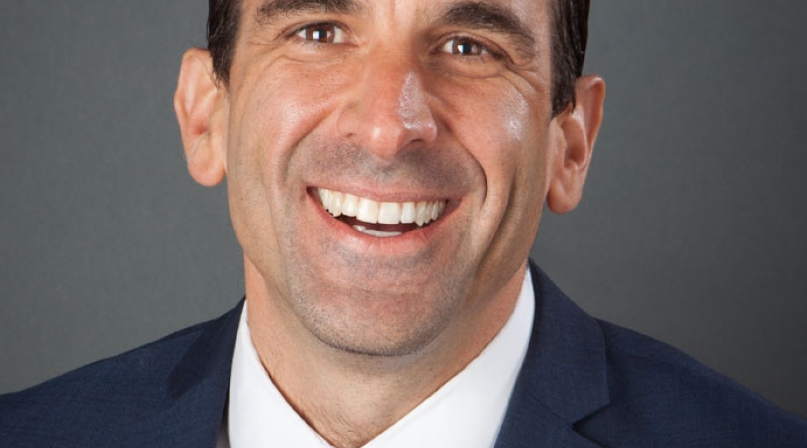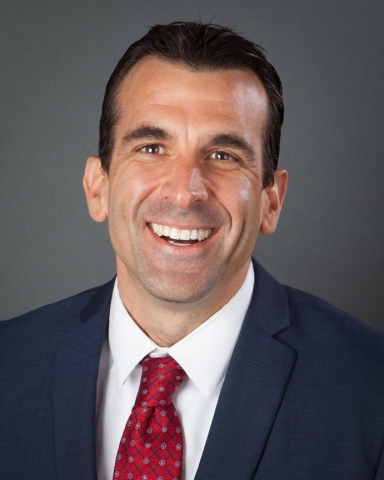FCC broadband committee bypasses local input, mayor says
Upcoming Events
Related News

San Jose, Calif. Mayor Sam Liccardo leaves FCC broadband committee, says conclusions are predetermined
On Jan. 25, San Jose, Calif. Mayor Sam Liccardo announced that he’s decided to step down from the Federal Communication Commission’s (FCC) Broadband Deployment Advisory Committee (BDAC) amid concerns the outcome of the committee’s work was predetermined prior to their work beginning.

The FCC initially selected 29 members to serve on the BDAC, however the FCC was criticized by a number of groups that represent the interests of local governments, including NACo, for having insufficient state and local government representation on the committee.
As part of the BDAC’s work, members of the committee were assigned to internal working groups focused on developing model codes for states, competitive access to broadband infrastructure, streamlining federal siting, and removing state and local regulatory barriers to broadband deployment.
The BDAC’s working group tasked with removing state and local regulatory barriers to broadband deployment — which had little representation from state and local official —offered recommendations that encouraged the FCC to take actions to develop model local ordinances the FCC should encourage local governments to adopt, as well as draft language that detailed what should be included in those model ordinances.
During that process, Mayor Liccardo noted that the draft municipal ordinances created by the BDAC were completely rewritten by a single representative from the telecommunications industry near the committee’s deadline, leaving local representatives on the BDAC with insufficient time to vet the hundreds of changes made.
In a written statement offed by Liccardo upon his resignation, he said “Chairman Pai and the FCC merely pay lip service to the goal of digital equity, and this body (the BDAC) will simply serve to further the interests of the telecommunications industry over the public interest.”
On Nov. 3, 2017, NACo President Roy C. Brooks — along with the presidents of the National League of Cities (NLC) and the U.S. Conference of Mayors (USCM) — sent a letter to the FCC asking the commission to make all meetings public, and share drafts of all BDAC working documents on the FCC’s homepage in order to address the perception that the BDAC is solely interested in pursuing the telecommunications industry’s goals. The three leaders also urged the FCC to provide sufficient time for the BDAC to develop informed opinions that can be shared in an interim final report that should be made subject to public review.
While the FCC did not respond directly to the letter from the organizations, Pai did expand the membership of the BDAC to include an additional representative from local government.
NACo continues to have concerns about the BDAC’s potential recommendations to the FCC and the process that is being used to build model local ordinances without adequate representation local government.


